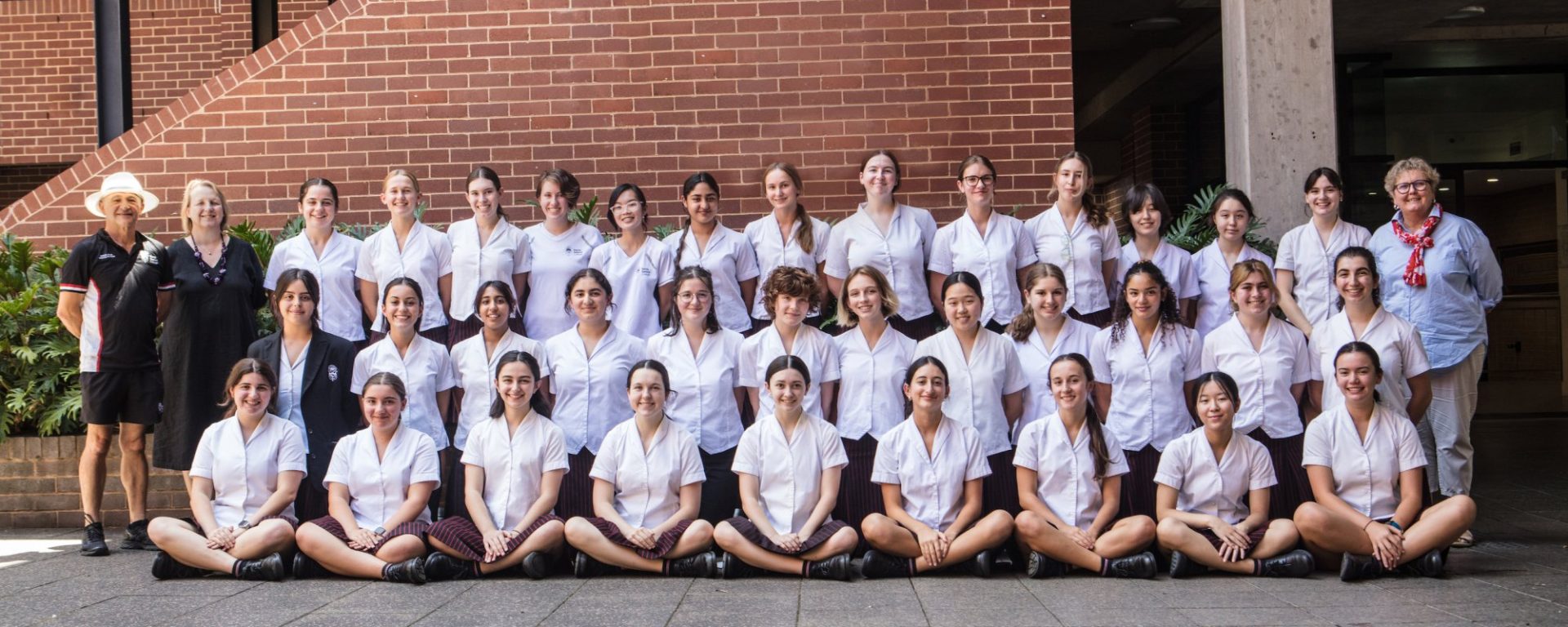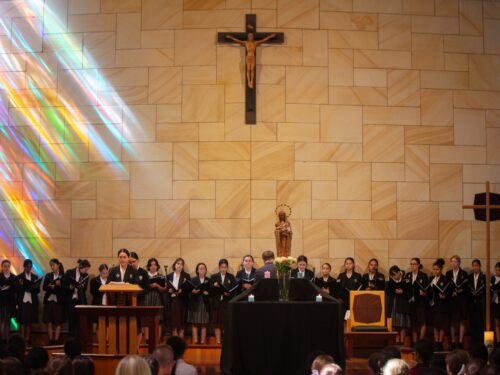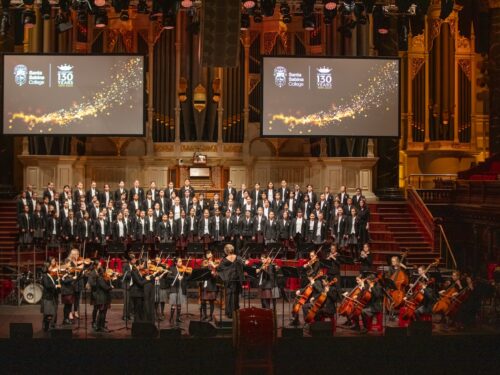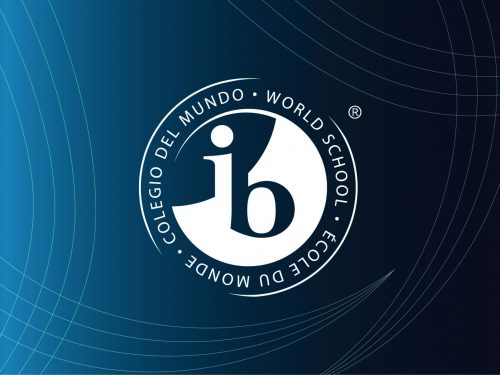International Baccalaureate Diploma Programme Curriculum
There are three core requirements that are central to the IB Diploma Programme:
- The Extended Essay – students complete a 4000-word essay in a discipline of their choice, on a topic developed between the student and supervisor.
- Creativity, Activity and Service (CAS) – students are encouraged to take risks, challenge themselves, think and act for others. As such, CAS aligns with the values of Santa Sabina College.
- Theory of Knowledge (TOK) – designed to develop a student’s critical thinking and analytical skills. It is not so much a subject as a way of thinking that is reflected in every subject of the IB Diploma.
Students select one subject from each of five different discipline areas and a sixth may be an arts discipline or another subject from Groups 2, 3 or 4. This ensures a breadth of experience in languages, humanities, sciences and mathematics, a key feature of the Diploma.
- Three subjects are studied at the Higher Level (HL) each representing 240 hours over two years
- The remaining three subjects are studied at Standard Level (SL) each representing 150 hours over two years.
The IB Learner Profile
All IB learners strive to be: Principled, Inquirers, Thinkers, Open-Minded, Knowledgeable, Balanced, Communicators, Risk-Takers, Caring and Reflective.
Key Benefits of the IB Diploma Programme
- Many students in Year 10 are uncertain about their vocational or career options. Despite a demonstrated capacity, girls still under-enrol in maths and sciences in senior years, and this can limit their tertiary choices. The IB Diploma requirement that students study subjects in each domain of the curriculum keeps students’ options open.
- The core components of the IB Diploma Programme encourage students to participate in creative and service-oriented activities, while at the same time emphasising the importance of reflection on a personal and academic level.
- The curriculum of the IB Diploma Programme has a genuinely international perspective in every subject.
- IB World Schools must undergo an exhaustive authorisation process which includes a study of the school’s resources, alignment of school mission with that of the IB, and demonstrated evidence of teacher professional learning.






